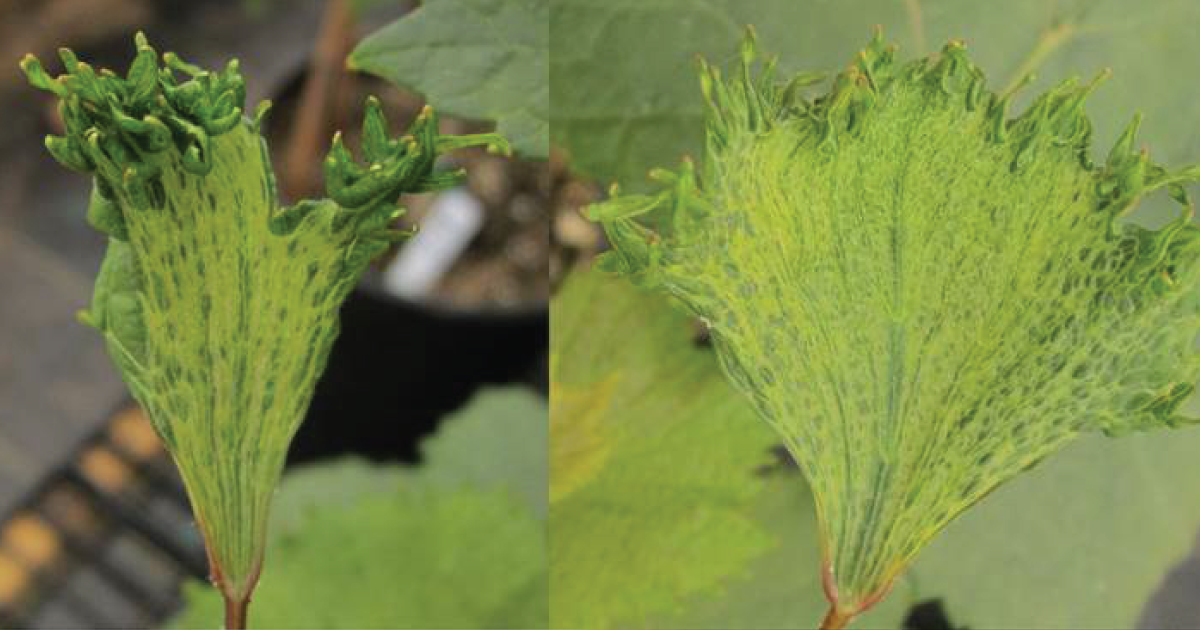
EPA Adds Restrictions to Use of Bayer, BASF Weed Killer Linked to Crop Damage
The U.S. Environmental Protection Agency said on Wednesday it would allow farmers to spray a controversial weed killer made by Bayer AG’s Monsanto Co and BASF SE for two more years, with additional restrictions on use.
October 31, 2018 | Source: Reuters | by Tom Polansek
The U.S. Environmental Protection Agency said on Wednesday it would allow farmers to spray a controversial weed killer made by Bayer AG’s Monsanto Co and BASF SE for two more years, with additional restrictions on use.
The agency said the herbicide, called dicamba, is an important tool for controlling weeds in crop fields.
However, the EPA said it would prohibit applications on soybeans 45 days after planting and on cotton 60 days after planting to address “potential concerns to surrounding crops and plants.” The agency also limited the times during which dicamba can be sprayed.
The approval comes after two years of complaints by some farmers who said the weed killer drifted away from where it was sprayed on soy and cotton crops that Monsanto engineered to resist it.
According to farmers and agronomists, the chemical then damaged millions of acres of nearby crops and plants that could not tolerate it, including fruit trees and flowers.
